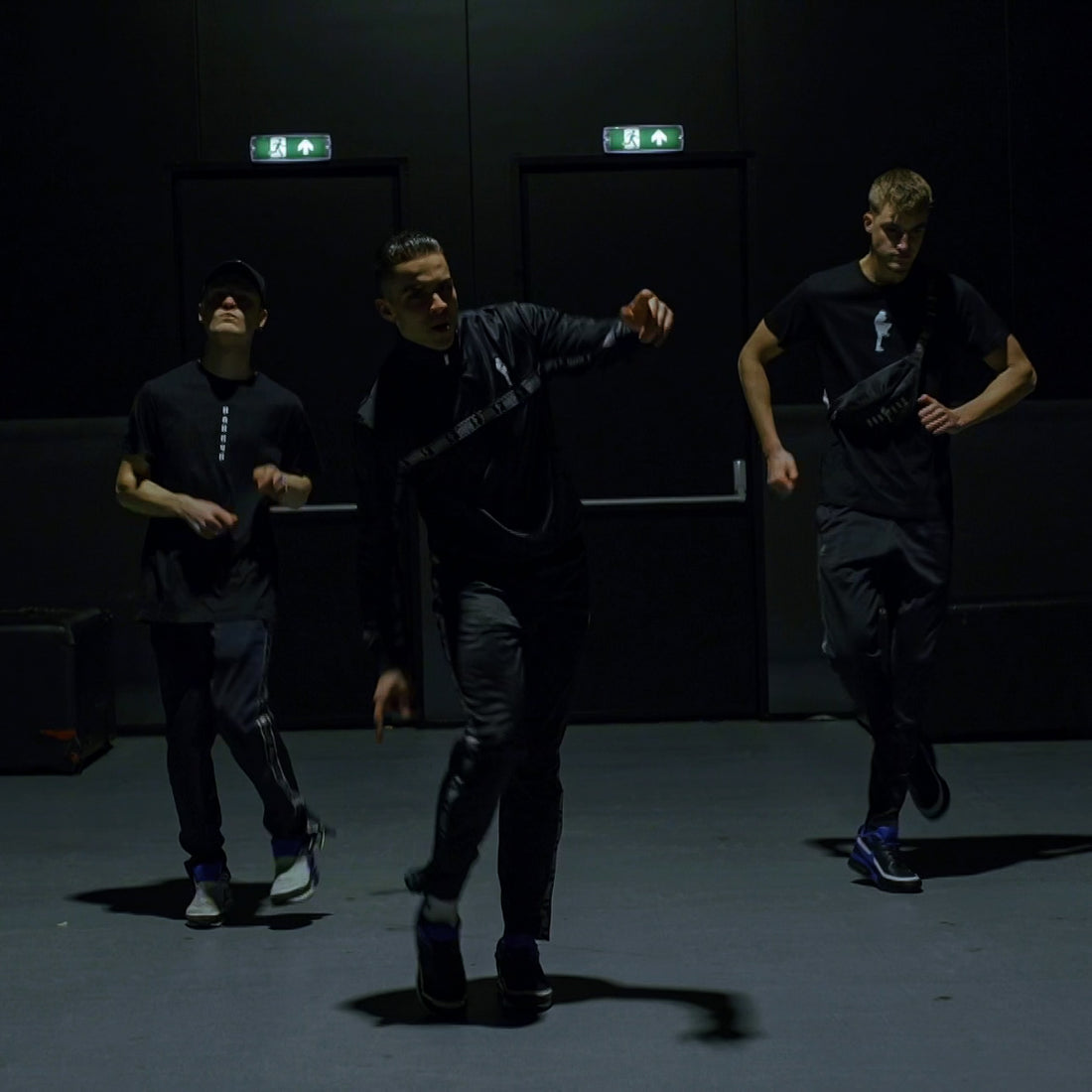
Share
What is ''HAKKUH'' (hakken)
Hakkuh is a form of rave dance originating from the Dutch gabber and hardcore scene. The name comes from the Dutch verb ''hakken'' meaning chopping, or to refer to the heel.
The dance consists of small steps in rapid succession to the beat of a bass drum
The lower body is the most important part, although arm and torso movements are not uncommon. Because one has to follow the rhythm of the song, the dance is usually performed quite quickly.
The “hakkuh” is mainly about the gabber being able to express his feelings and passion on the dance floor. The hard bass, beautiful melodies or the nice hi-hats create so much enthusiasm and energy that you want to give everything at that moment.
We as a brand find it very important that this remains one of the most important things in the hardcore/gabber scene. With new movements coming up, it is noticeable that some things change, or are no longer seen as the norm.
The dance and expression is for each subgenre, and everyone has their own way. That's what makes it so beautiful, a room with no negative ego towards each other where everyone goes completely wild at the exact same time. And that without having to hold back, or think about how you look at that moment, or being afraid of getting into a fight with someone. Sounds like a dream right?
The term “hakkuêh” (hakkuh, hakken, beuken, knallen, having fun, going out of your mind), which is inextricably linked to gabber culture, comes from Hague deejay Darkraver.
Gabber
Everyone is welcome and you can be yourself. Gabbers accept each other for who you are and make no judgments. Negativity is not appreciated. Gabber stands for brotherhood, but also for passion, love for the music, partying, the culture and never being alone.
The popularity of gabber in the 1990's, created a youth subculture in the Netherlands. Fashion-wise, gabber ravers wear tracksuits, bomber jackets and Nike Air Max shoes.
Gabber is still very popular in the Netherlands and has made a big comeback in recent years. Gabber began as an underground counter-movement with small underground raves usually held illegally in empty warehouses, basements and tunnels. Rave parties like Thunderdome organised by ID&T and Mysteryland became very popular and eventually became part of mainstream Dutch culture in the 1990s. This music and culture quickly spread throughout Europe and the world, finding a home in the rave communities of countries such as the UK, Spain, Italy, France, Germany, Belgium, Japan, China, Mexico, Austria, Russia, Poland, the USA and Australia.
Hardcore History
Exactly when hardcore began is hard to say. It consists of different styles. Hardcore became popular in the Netherlands. It started in Rotterdam.
The first hardcore records in the Netherlands appeared in 1992, when Rotterdam Records was founded by DJ Paul Elstak. An important pioneer from this time is DJ Rob, he mainly played in Club Parkzicht in Rotterdam. A pioneer is a trailblazer. Within a short time, hardcore became fairly popular throughout Western Europe.
Around 1995, gabbers experienced a peak; almost weekly, many thousands of fans went to house parties, where they partied for nights to records by Neophyte, Rob Gee and 3 Steps Ahead, among others. Magazines such as Strobe and Thundermagazine appeared, and the compilation CDs (e.g. Thunderdome, Masters of Hardcore, Nightmare and Hellraiser) achieved large sales. At the same time, the happier variant happy hardcore managed to regularly reach the Top 40 with songs such as Wonderful days by Charly Lownoise & Mental Theo and I wanna be a hippy by Technohead.
Also in Amsterdam a growing gabber culture arose from 1991, with deejays like Jeroen Flamman, Buzz Fuzz, Dano and The Prophet, with an Amsterdam gabber label (Mokum) and with big raves behind the Olympic Stadium in the Sporthallen Zuid and in the harbor area, at the Hemkade.
German Marc Trauner better known by the alias Marc Acardipane (Frankfurt am Main, April 7, 1969) is also one of the founding fathers of hardcore house. He produced the first hardcore track of all time under the alias Mescalinum United with the song We have arrived. Other pseudonyms he used included The Mover, Pilldriver, Marshall Masters and Resident E. He started the Label Planet Core Productions (PCP), which Acardipane co-founded with Thorsten Lambart (aka Don Demon/Slam Burt) in 1989.
Everyone in the Dutch dance scene is indebted to Ilja Reiman to a greater or lesser extent. At his parties the hard styles of electronic music developed, 'gabber' became a nickname, the most important Dutch DJs of the 1990s debuted and the later organizers of ID&T, Q-dance and Awakenings got their inspiration. They all became millionaires.
